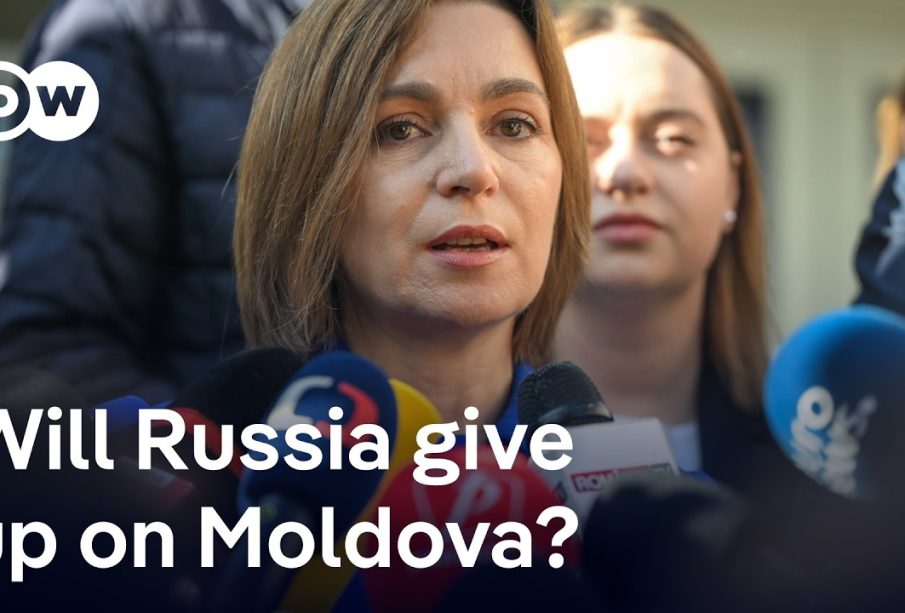Moldova Elections 2023: Key Developments and Implications

Introduction
The elections in Moldova, set for 2023, have garnered significant attention both domestically and internationally. As a nation situated between Romania and Ukraine, Moldova’s political stability is crucial in a region marked by geopolitical tensions. With escalating challenges such as economic instability and the influence of foreign powers, the outcome of these elections could have widespread ramifications for Moldova’s future.
Background and Current Landscape
Moldova has experienced a tumultuous political landscape since gaining independence in 1991. In recent years, the pro-European government has attempted to steer the country towards EU integration, while facing strong opposition from pro-Russian parties. As the date approaches, the Central Electoral Commission has confirmed that the elections will occur on 5 November 2023, amidst heightened tensions following the conflict in Ukraine.
Key Issues at Stake
The 2023 elections are being framed around crucial issues such as corruption, economic reform, and foreign policy alignment. Moldova’s economy has been severely affected by the COVID-19 pandemic and dependency on Russian energy imports, leading to a surge in energy prices. Thus, candidates are focusing on socio-economic reforms to garner public support.
Candidate Landscape
The main contenders in the elections include the incumbent President Maia Sandu, representing the Action and Solidarity Party (PAS), who is advocating for continued pro-European policies. Meanwhile, the Communist Party and the Socialist Party, both of which have strong ties to Russia, are presenting themselves as viable alternatives for voters seeking stability and economic relief. Recent polls suggest a competitive race, with younger voters leaning towards pro-European ideologies while older segments display a preference for pro-Russian narratives.
International Attention and Forecast
International observers from the European Union and other entities are planning to monitor the elections closely, given Moldova’s strategic importance. As the country navigates its path in a complex geopolitical landscape, the results could either solidify the current pro-European trajectory or shift towards stronger Russian influences. Analysts predict that a clear outcome might be favourable for Western allies, while a contentious election could destabilise already vulnerable socio-political conditions.
Conclusion
The upcoming Moldova elections are more than just a domestic political event; they are pivotal for the country’s future and its alignment on the global stage. As voters prepare to head to the polls, the implications of their choices will resonate beyond borders, shaping Moldova’s path in an increasingly divided world. The outcome will be crucial not only for Moldova’s citizens but also for the broader region’s geopolitical stability.









